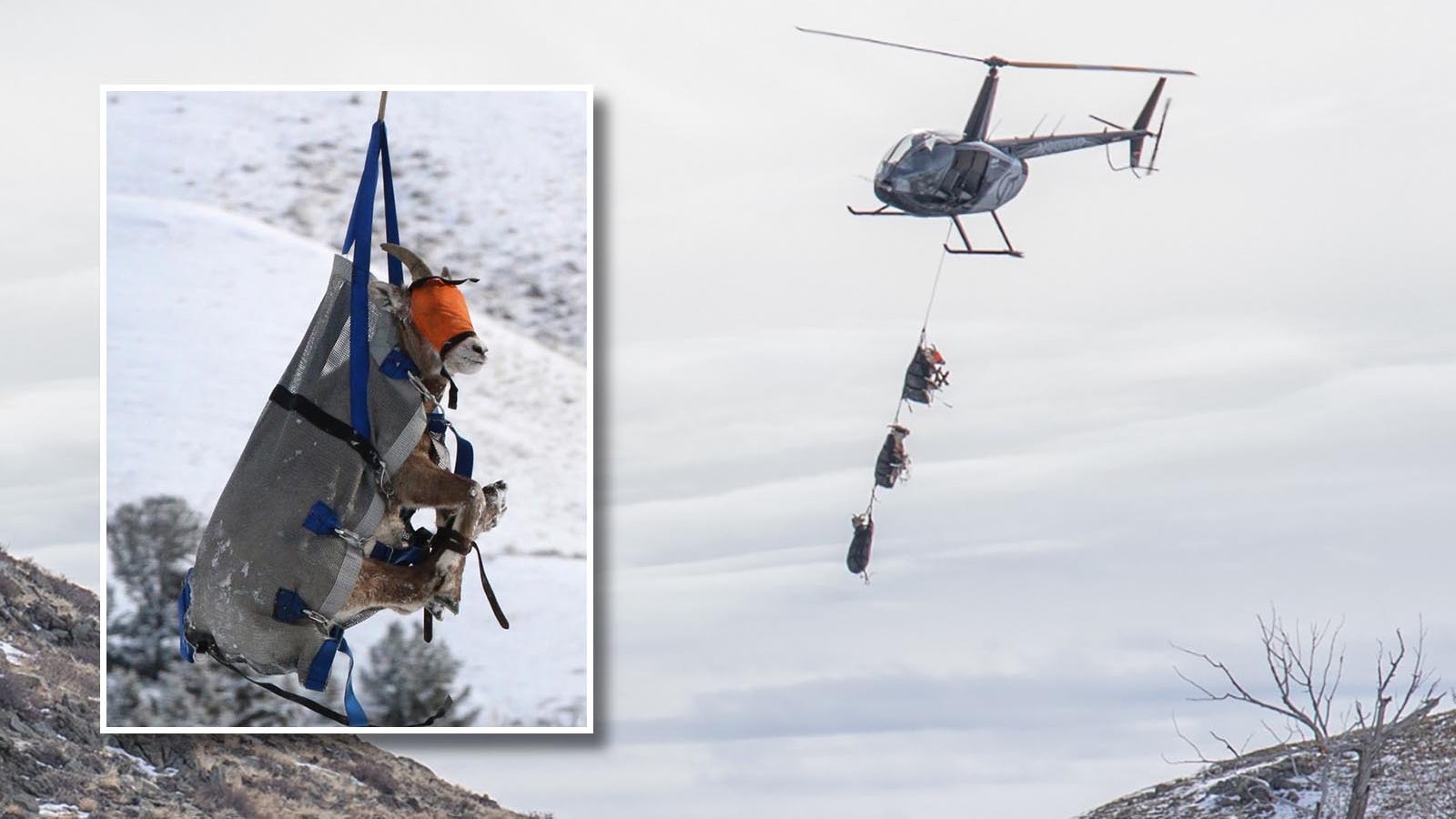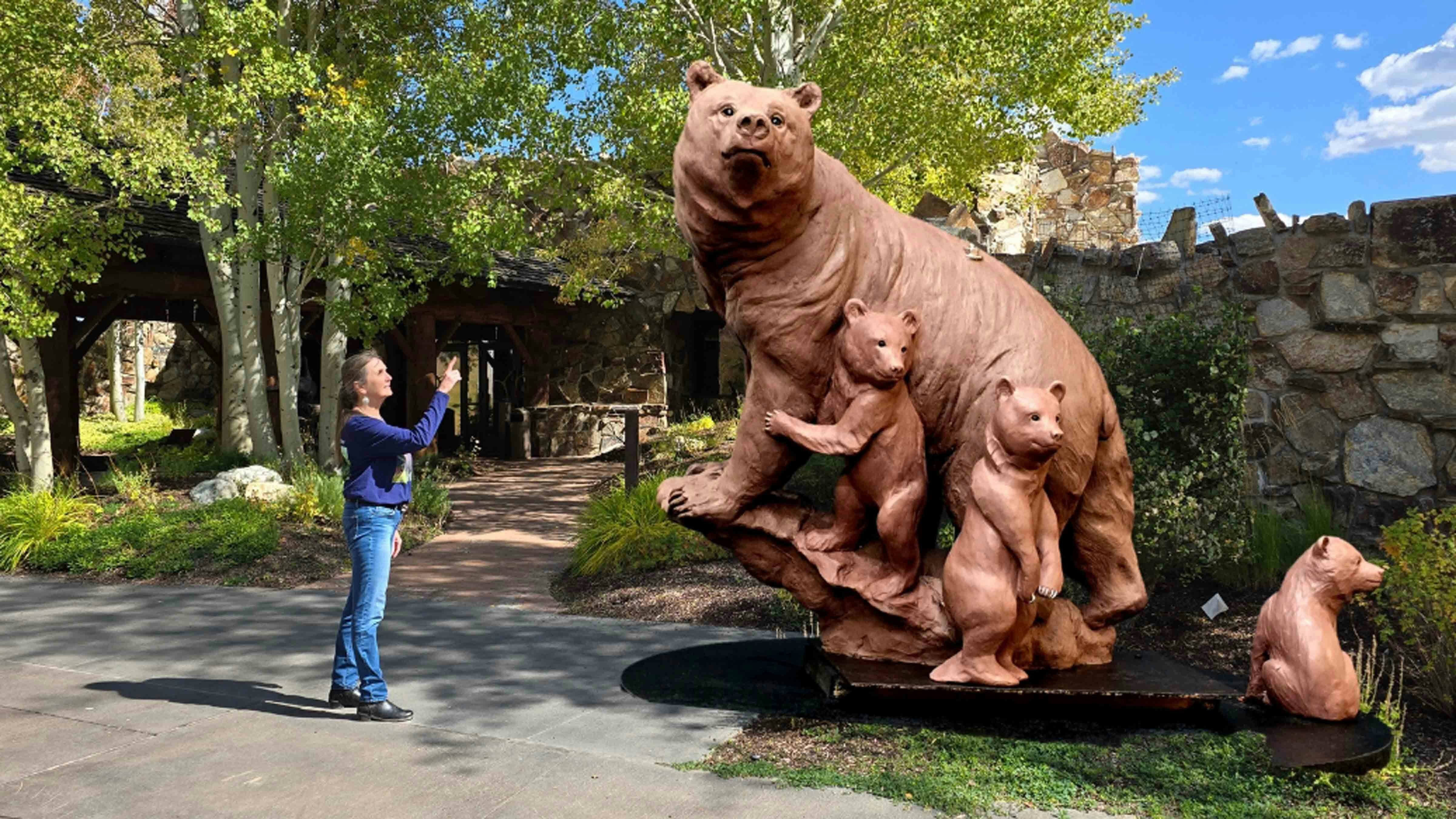It looks like Grizzly Bear 863, better known as Felicia, and her cubs will live to see another day.
The U.S. Fish & Wildlife Service reported on Monday that the two-week intensive hazing operation to keep the celebrity bear and her family away from the highway on Togwotee Pass has been successful.
That means the agency won’t kill the bears as officials suggested was a possibility due to Felicia’s proclivity to approach vehicles and people in search of food.
The Fish and Wildlife Service thanked members of the public for not stopping on the highway to watch wildlife during the hazing period but added that making lasting changes in the bear’s behavior will require a long-term effort.
“The public’s avoidance of the area in recent days has contributed to the ability of wildlife managers to conduct operations safely and productively,” the U.S. Fish & Wildlife said in a release.
“However, Grizzly 863’s healthy fear of people and vehicles will continue only if the public avoids the area and practices responsible wildlife viewing behavior,” it said.
In the lexicon of the criminal justice system, the successful hazing doesn’t mean the bears have been removed from death row.
It only means that they have received a temporary pardon. They could still receive a death sentence. It is up to the public to keep the bears alive.
“By avoiding stopping on or along the highway, approaching, or feeding bears, the public can minimize the need to escalate the severity of management options for the bear,” the Fish and Wildlife Service said.
But this time it didn’t mention the word “euthanasia.”
When the organization did raise that prospect earlier this month, it was a public relations fiasco with nationwide press coverage and nearly 75,000 people signing a petition to stop “the murder of this bear and her two cubs” as it was written on the change.org website.
What happens now?
The agency said it would continue to monitor the bears and will engage in “limited hazing efforts” in coordination with the U.S. Forest Service, the Wyoming Highway Patrol and the Wyoming Game & Fish Department.
As for intervention by a volunteer group — or “posse” — to monitor the highway and to intervene when people fall back on old habits, the Fish and Wildlife Service said that would be a bad idea and likely make things worse.
“The Service and partners have determined this option is not viable due to significant safety concerns,” it said. “Highway 26/287 is a major arterial highway for western Wyoming. The agencies involved concur that any attempt to facilitate viewing would encourage unsafe conditions along this already busy highway.”





